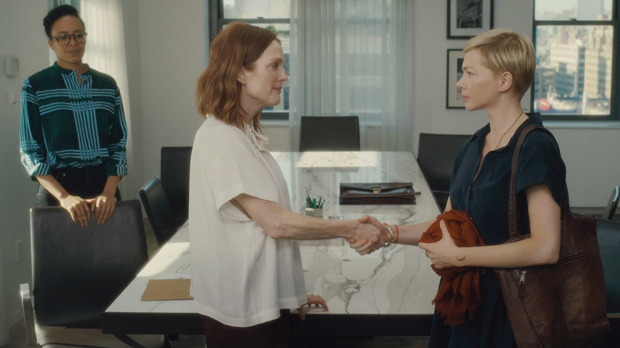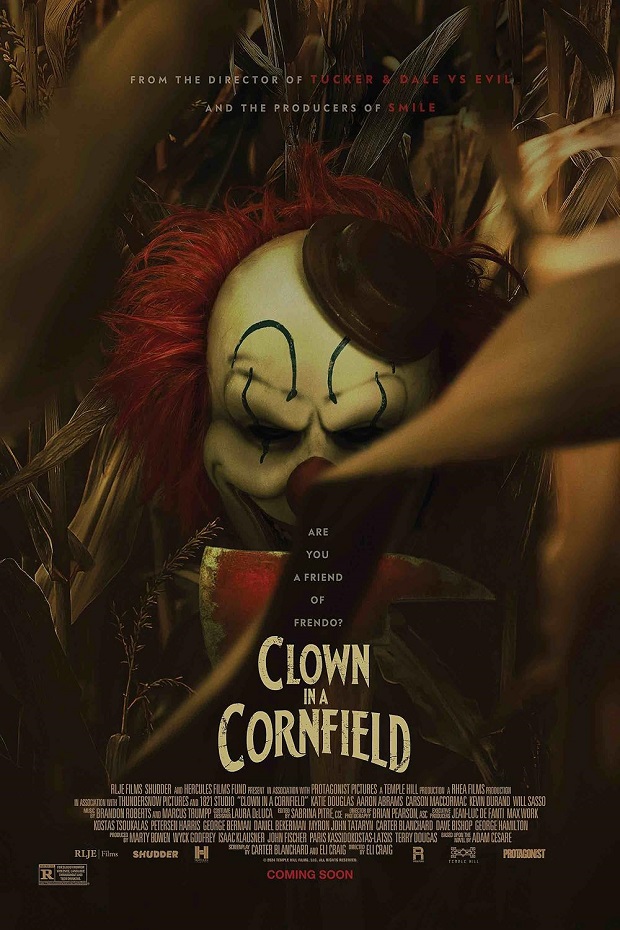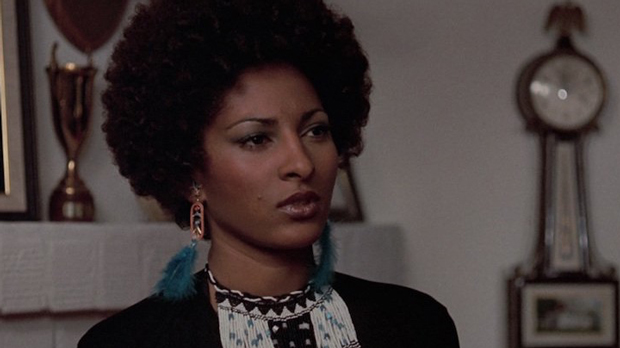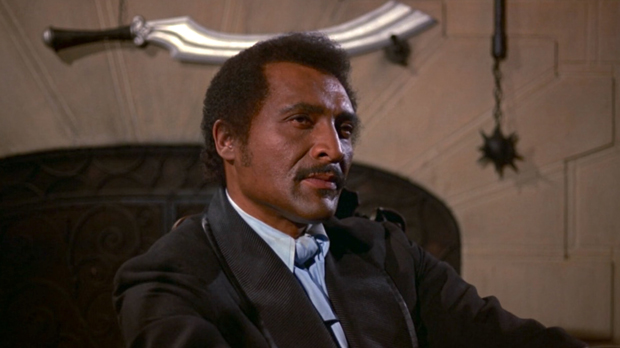 After the Wedding (2019) Sony Pictures Classics/Drama RT: 112 minutes Rated PG-13 (thematic material, some strong language) Director: Bart Freundlich Screenplay: Bart Freundlich Music: Mychael Danna Cinematography: Julio Macat Release date: August 9, 2019 (US) Cast: Julianne Moore, Michelle Williams, Billy Crudup, Abby Quinn, Alex Esola, Will Chase, Susan Blackwell, Vir Pachisia, Eisa Davis, Azhy Robertson, Tre Ryder. Box Office: $2.9M (US)
After the Wedding (2019) Sony Pictures Classics/Drama RT: 112 minutes Rated PG-13 (thematic material, some strong language) Director: Bart Freundlich Screenplay: Bart Freundlich Music: Mychael Danna Cinematography: Julio Macat Release date: August 9, 2019 (US) Cast: Julianne Moore, Michelle Williams, Billy Crudup, Abby Quinn, Alex Esola, Will Chase, Susan Blackwell, Vir Pachisia, Eisa Davis, Azhy Robertson, Tre Ryder. Box Office: $2.9M (US)
Rating: ***
Don’t ask me to compare the Americanized remake of After the Wedding with Susanne Bier’s Danish-made original. I never saw the original film. I’m currently taking steps to rectify that. I was going to wait to write it up but then I thought it would be interesting to try reviewing it unencumbered by what I’m told is a superior film. By definition, a remake is almost always inferior to the original. I have a feeling that once I see the 2006 film, I’m going to like Bart Freundlich’s (The Myth of Fingerprints) take on it less. For now, I like it just fine.
The big difference between the two films is that the two lead characters in the new After the Wedding are women instead of men. They are Isabel (Williams, The Greatest Showman), an American woman running an orphanage in India, and Theresa (Moore, Still Alice), the high-powered businesswoman willing to become their primary benefactor with a sizable donation. Of course, the offer comes with a condition. She wants Isabel (and only Isabel) to come to New York and meet with her personally to discuss it. Isabel is none too happy about coming home after turning her back on Western civilization about 20 years earlier. She agrees to make the trip with the understanding that she will need to get back to India in time for a birthday party for the little boy, Jai (Pachisia), to whom she’s become close.
When Isabel arrives in NY, she’s given the royal treatment with deluxe accommodations and a driver at her disposal but it doesn’t impress her at all. Her meeting with Theresa doesn’t go as planned. Theresa is preoccupied with planning her daughter Grace’s (Quinn, Landline) wedding that weekend. Saying that she needs a few days to make a final decision about her donation, she invites Isabel to the wedding at her family’s estate. She arrives late and takes a seat in the back. That’s when she notices Theresa’s husband Oscar (Crudup, Almost Famous). It turns out they know each other. The surprise (?) encounter brings back a painful secret from the past, one that will affect a few people.
There are many dramatic twists and turns in After the Wedding, none of which I’ll be revealing. I’m aware that those familiar with the original film already know what I’m talking about. I also know that other reviewers are spilling the beans about the plot developments. I choose to remain silent for the benefit of those who haven’t seen the first movie and are reading this review. What I can tell you is that the two biggest bombshells aren’t all that surprising if you pay attention. There’s an unwritten rule that states that no action taken by a main character, no matter how small and seemingly insignificant, is unimportant. If the director takes the time to show it, it probably means something. Watch Theresa as she goes through her daily routine at home. I don’t want to be more specific but when I saw her do this one thing, I knew immediately what was coming later. That’s all I have to say about that.
The first thing that struck me about After the Wedding is how old-fashioned it is. In an age when every drama comes drenched in self-importance, Freundlich goes for pure melodrama. This is a movie that relies on dramatic revelations and how the characters react to them. Thematically, it touches on the cultural expectations our society places on women, motherhood in particular. Sadly (but not overly so), Freundlich fails to explore it in any meaningful way. Really, he glosses over it. While it would have added substance, I was less concerned about that than how I felt about the characters. One of the problems I have with some independent filmmakers- e.g. Noah Baumbach (Margot at the Wedding, Frances Ha)- is that they populate their films with unlikable characters. The only other film of Freundlich’s I’ve seen is 1997’s The Myth of Fingerprints and I hated it. I couldn’t stand anybody in it. I was afraid of a similar experience with After the Wedding. While I can’t everybody in it is a lovely person, nobody gave me the urge to reach through the screen and strangle them with my bare hands. That has to count for something, right?
I suppose what After the Wedding really has going for it is two strong performances from its leading ladies. Watch Williams closely. She has this amazing ability to convey her feelings through body language alone. Look at how she carries herself in her first meetings with Theresa. It’s clear that she’s uncomfortable in such opulent surroundings. There’s also a hint of resentment towards her potential benefactor who places more importance on serving lobster at her daughter’s wedding than the future of the orphanage. It’s not what Isabel says, it’s how she says it. Listen to the stilted manner with which she speaks to Theresa. As the film progresses, she slowly lowers her guard as she begins to understand what’s really at stake. Moore, Freundlich’s real life spouse, delivers her usual amazing performance as a strong woman used to getting her way. At the same time, there’s a vulnerability to her. We don’t see it right away but it’s there.
Quinn, a relative newcomer, shows great promise as the young daughter experiencing buyer’s remorse soon after the nuptials. Like any young bride, she has doubts. These doubts do spring, in part, from the secret that comes out after the wedding. Crudup does fine with what little he’s given to do. He has some good scenes but much of the time, he feels more like a plot device than a character.
My feelings about After the Wedding can be described as positive. Not having seen the original, I probably like it better than I would if I had. It held my interest. I even found it a little bit moving. Moore has a scene near the end that’s positively wrenching. In my opinion, it’s a good movie. Of course, I’ll reevaluate after I see the original which I hope is soon. It’s so hard to find time for these things.




